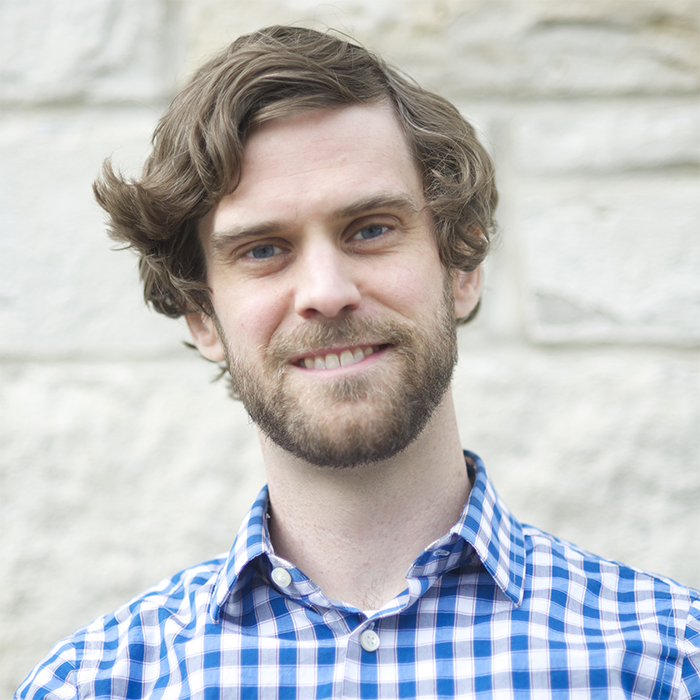Global consortium works toward a world without waste
On behalf of Northwestern University, the Institute for Sustainability and Energy at Northwestern (ISEN) has joined the Ellen MacArthur Foundation Network, a prominent consortium of businesses, universities, and governments that is leading the global transition to an economic system rooted in sustainability.
“Joining the Ellen MacArthur Foundation as an official network member puts Northwestern within the nexus of one of the most important areas to the future of sustainability, which is the development of global circular economy solutions,” says Demetria Giannisis, ISEN’s Senior Managing Director. “As a top-ten university, Northwestern brings to the network our multidisciplinary innovation expertise ranging from top materials science research to social science and sustainable business. The Ellen MacArthur Foundation Network will help us generate impact by accelerating the speed with which collaborative circular economy solutions in areas like plastics waste can be developed, tested, and scaled. This partnership also brings a wealth of resources related to curriculum development and exchange of best practices with other universities around the world.”
Since its founding in 2010, the Ellen MacArthur Foundation has been working with the world’s most influential organizations to accelerate the transition to a circular economy. In contrast with a traditional linear economic model in which goods are produced, used, and then discarded, a circular economic model borrows lessons from nature—a self-sustaining system where waste generated by one organism becomes a valuable input to another. This restorative framework of production and consumption is based on three principles—design out waste and pollution, keep products and materials in use, and regenerate natural systems. It leverages methods of sharing, leasing, reusing, repairing, refurbishing, redesigning, and recycling existing materials and products. By minimizing waste and pollution through improved design, a circular economic model seeks to leverage embedded economic value of raw materials while simultaneously regenerating natural systems.
“Joining the Ellen MacArthur Foundation as an official network member puts Northwestern within the nexus of one of the most important areas to the future of sustainability.” — Demetria Giannisis, ISEN Senior Managing Director
More than 100 Ellen MacArthur Foundation network members span nearly all aspects of the global economy—from consumer products and power generation to transportation and infrastructure to chemistry and information technology.
“As a university-wide institute focused on global energy and sustainability solutions, ISEN works across schools and departments at Northwestern to mobilize transformational research, interdisciplinary education, and public engagement. The Ellen MacArthur Foundation’s emphasis on collaboration across various sectors of the economy ideally complements ISEN’s mission and approach,” says Giannisis.
Housed within Northwestern’s Office for Research, ISEN leads an array of partnerships and programs relevant to the circular economy including the Program on Plastics, Ecosystems, and Public Health (PEPH), Ubben Program for Climate and Carbon Science, Master of Science in Energy and Sustainability (MSES) degree program, and several research centers aimed at developing sustainable materials and processes.







